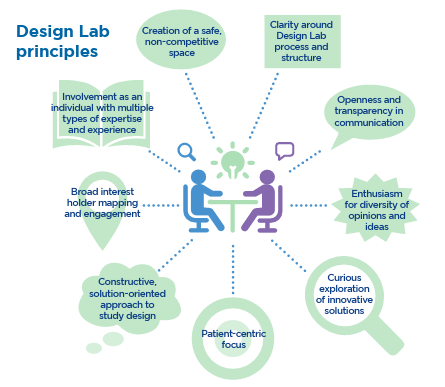What if you could decrease the risk of diabetes by taking a vitamin? With the incidence of diabetes on the rise, such a low-cost intervention will have an important impact on public health. Researchers at Tufts University and Tufts Medical Center have been studying the relationship between vitamin D and type 2 diabetes for several years, and published new findings in early 2012.
Led by Anastassios Pittas, MD, MS, Associate Professor at Tufts University School of Medicine and Co-director of the Diabetes Center, the research team studied 2,039 participants in the Diabetes Prevention Program (DPP). They tested participants’ blood levels of vitamin D multiple times over a period of 2.7 years.
Study participants were racially diverse Americans (57% Caucasian, 21% African American, and the remaining participants were Hispanic American, Asian American or Pacific Islander, or Native American) at high risk for diabetes with an average age of 51. The study results indicate that even after adjusting for weight loss and lifestyle interventions known to decrease the risk of diabetes (e.g., dietary changes and increased physical activity), higher concentrations of vitamin D were associated with a reduced risk of developing type-2 diabetes. These results are consistent with other studies, published by Dr. Pittas’ team and others, with the added benefit of a high percentage of non-white participants and repeated measurements of dietary variables.
“Although there are well-recognized differences in vitamin D metabolism among different racial and ethnic groups, higher vitamin D status appears to be associated with lower risk of diabetes among all people regardless of skin color,” Dr. Pittas says.
Why does vitamin D have this effect? Dr. Pittas found in a previous study that vitamin D improves the ability of the beta cells in the pancreas to produce insulin. Insulin helps the body to use or store the glucose it gets from food. With less insulin resistance, the body is less likely to develop type 2 diabetes.
Tufts CTSI’s Clinical and Translational Research Center (CTRC) Core Laboratory was a critical partner in Dr. Pittas’ studies, providing the analysis of key biomarkers, including insulin and interleukin-6.
“The CTRC Core Lab is a tremendous resource at Tufts,” says Dr. Pittas. “With knowledgeable staff and state-of-the-art equipment, the Core Lab works carefully and efficiently to conduct the requested analyses in a timely fashion.”
What is the next step? Dr. Pittas says, “These promising findings from observational studies about vitamin D and diabetes need to be confirmed in clinical trials. As I continue my research in this area, I look forward to working with the CTRC and Core Lab again.”
For assistance with your clinical study or trial, please submit a request.



